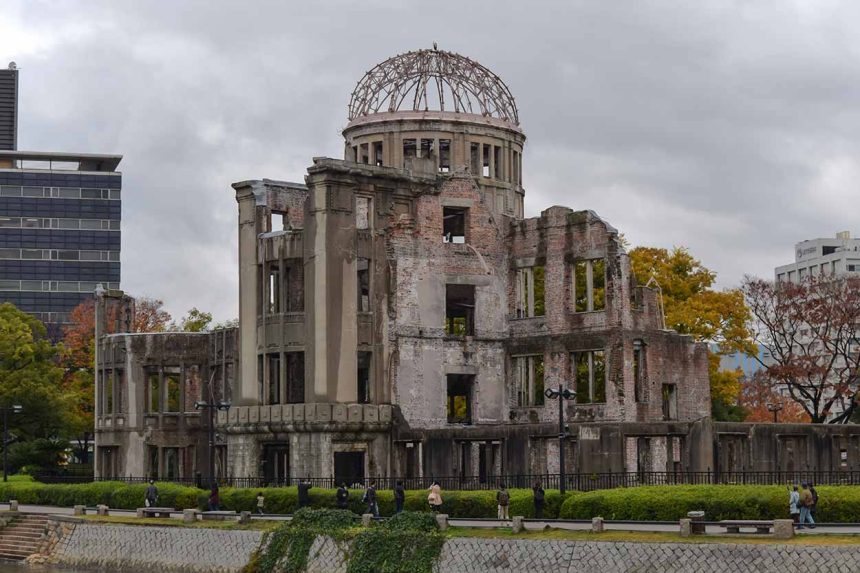Trump’s Controversial Comparison
At a NATO summit in The Hague on June 25, 2025, President Donald Trump likened recent U.S. strikes on Iranian nuclear sites to the atomic bombings of Hiroshima and Nagasaki. He claimed the strikes were decisive in ending the Iran–Israel conflict, saying they “completely and totally obliterated” Iran’s nuclear capabilities—a comparison that sparked immediate backlash.
Intelligence Assessments Clash with Hyperbole
Contrary to Trump’s sweeping statements, a preliminary U.S. intelligence assessment from the Defense Intelligence Agency indicated that Iran’s nuclear program was only delayed for a few months—not destroyed. Trump dismissed these findings as “inconclusive” and urged focus on aggressive military action, downplaying the intelligence leak .
Japanese Officials and Survivors Respond
Outrage was swift in Japan—especially among atomic bomb survivors (hibakusha) and city officials:
- Terumi Tanaka, representing hibakusha groups, called Trump’s remarks “out of line,” saying that “Nothing has changed 80 years after the war”.
- Nagasaki Mayor Shiro Suzuki reported deep regret, stating it was “extremely regrettable” if the comments justified nuclear bombings.
- Hiroshima’s city assembly unanimously passed a resolution rejecting any comparison that normalizes nuclear weapons use.
Diplomatic Shockwaves
Japan’s government criticized the remarks as unacceptable, accusing Trump of disregarding Japan’s wartime suffering. Iran’s ambassador to Japan, Peiman Seadat, condemned the comments as “outrageous” and an insult to both nations’ people, highlighting a diplomatic breach.
Broader Regional and Political Fallout
Trump’s rhetoric highlights deep divisions within his circle. While NATO Secretary-General Mark Rutte backed the military strikes, other leaders emphasized restraint. Critics warn that deploying Hiroshima-Nagasaki analogies to modern conventional strikes risks normalizing nuclear warfare and destabilizing global norms.
What Lies Ahead
- Diplomatic tensions: Japan’s condemnation places pressure on U.S.–Japan relations, especially ahead of key security dialogues.
- Media scrutiny: Trump’s aggressive framing could spark renewed debate over the role of nuclear weapons and war rhetoric in public discourse.
- Policy implications: This language may harden attitudes toward Iran, constraining diplomatic avenues even as intelligence suggests limited long-term damage to Iranian nuclear infrastructure.
Trump’s comparison ignited fresh controversy over the language use in warfare, with atomic bomb survivors and international leaders warning against blurring lines between conventional strikes and nuclear devastation.











